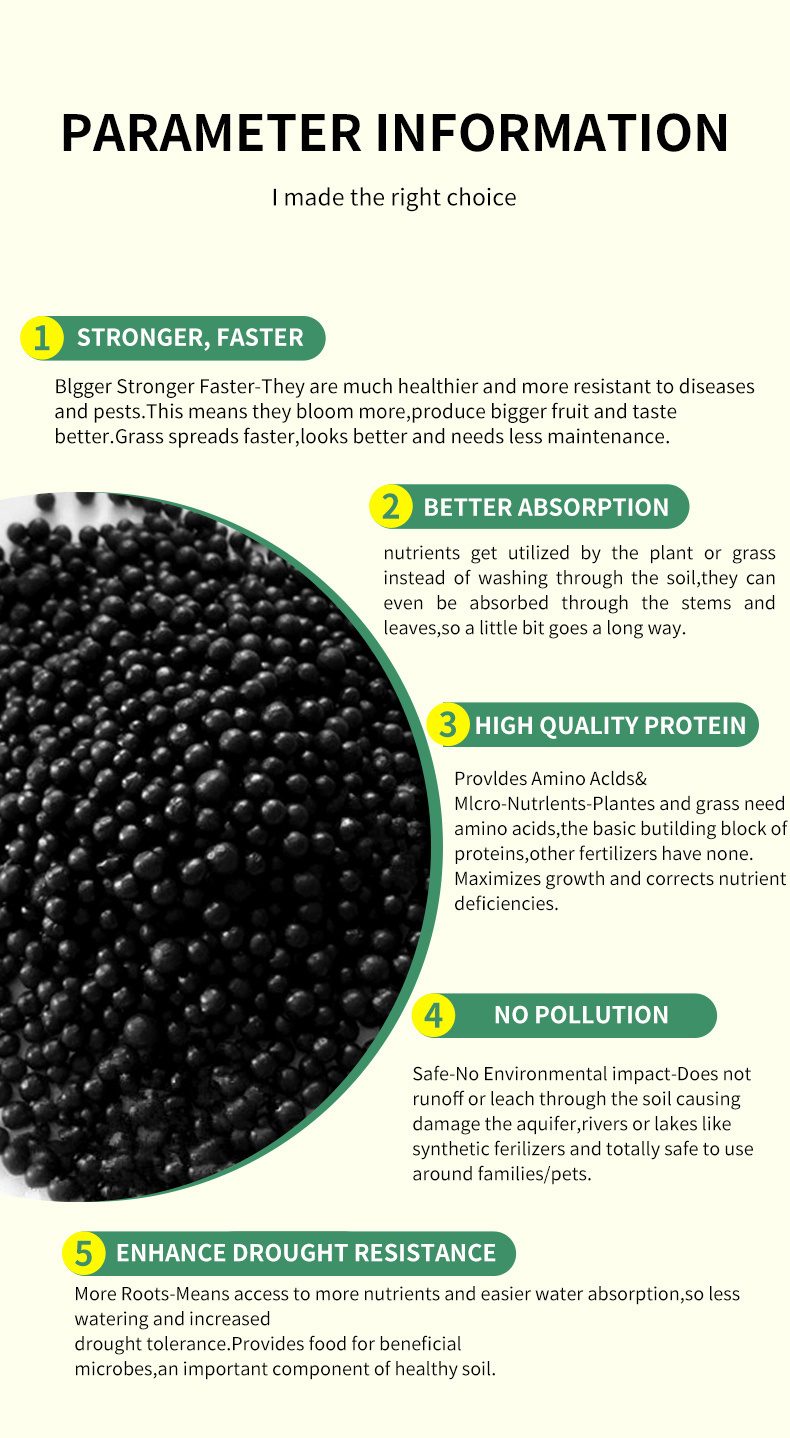
Nov . 10, 2024 12:28 Back to list
Explore NPK Fertilizer Manufacturing Plants for Quality Products and Competitive Pricing
The Increasing Demand for NPK Fertilizer A Buying Guide
In the contemporary agricultural landscape, the importance of fertilizers cannot be overstated. Among the plethora of available options, NPK fertilizers have gained prominence due to their balanced nutrient composition. Comprising Nitrogen (N), Phosphorus (P), and Potassium (K), NPK fertilizers offer essential nutrients that are crucial for plant growth and development. Understanding the significance of NPK fertilizers and the factors influencing their purchase can greatly assist both farmers and agricultural businesses in optimizing their crop yields.
The Role of NPK Fertilizers in Agriculture
NPK fertilizers play a vital role in enhancing soil fertility and promoting healthy plant growth. Each nutrient fulfills a specific function Nitrogen is fundamental for vegetative growth, promoting lush foliage and thriving crops; Phosphorus supports root development and flowering; while Potassium aids in overall plant health, enhancing disease resistance and improving fruit quality. Consequently, the balanced combination of these three elements ensures that plants receive the necessary nourishment throughout their growth cycles.
With the increasing pressure on food production to meet the demands of a growing global population, the use of NPK fertilizers has surged. Farmers worldwide are integrating these fertilizers into their agricultural practices to maximize output and ensure sustainable growth. The increasing recognition of the benefits of NPK fertilizers has sparked a rise in demand, leading to an escalation in the number of manufacturers and suppliers entering the market.
Factors to Consider When Buying NPK Fertilizers
1. Understanding Soil Requirements Before purchasing NPK fertilizers, it’s vital to conduct a soil test. Different crops and soil types have varying nutrient needs. By analyzing soil health, farmers can choose the appropriate NPK formulation that will effectively address specific deficiencies and enhance overall soil fertility.
2. Choosing the Right Composition NPK fertilizers come in various formulations, each providing different ratios of Nitrogen, Phosphorus, and Potassium. For instance, a formula such as 10-20-10 indicates that the fertilizer contains 10% Nitrogen, 20% Phosphorus, and 10% Potassium. Understanding these ratios is crucial, as different plants may require different nutrient levels at various growth stages.
buy npk fertilizer factories

3. Considering Organic vs. Synthetic Options NPK fertilizers can be classified into organic and synthetic varieties. Organic NPK fertilizers, derived from natural sources, are often favored by environmentally conscious farmers. On the other hand, synthetic NPK fertilizers provide immediate nutrient availability, which can be beneficial in certain scenarios. Deciding between these options depends on agricultural practices, market demands, and environmental considerations.
4. Identifying Reputable Suppliers The rise in NPK fertilizer production has led to an influx of suppliers. It’s imperative to choose a reputable manufacturer that adheres to quality standards. Researching supplier reviews, certifications, and production processes can provide insight into the quality of the fertilizer being offered.
5. Cost-Effectiveness and Batch Sizes When buying NPK fertilizers, cost considerations are also paramount. Bulk purchasing can often lead to reduced prices, but it’s important to ensure that the fertilizer has a reasonable shelf life. Farmers should also factor in transportation costs and availability in their local markets.
The Future of NPK Fertilizers
As agricultural methods evolve, the demand for efficient fertilization solutions is only expected to rise. Innovations in fertilizer technology, such as controlled-release fertilizers and smart formulations that tailor nutrient release to plant needs, are on the horizon. These advancements aim to improve nutrient efficiency and minimize environmental impacts.
Furthermore, with an increasing emphasis on sustainable agriculture, the market for environmentally friendly NPK fertilizers is likely to expand. This shift not only aligns with consumer preferences for sustainable products but also addresses broader environmental concerns.
In conclusion, purchasing NPK fertilizers is a critical decision that directly impacts agricultural productivity. By understanding the nutritional needs of crops, the characteristics of various NPK formulations, and the importance of selecting reputable suppliers, farmers can make informed choices that enhance their harvests. As we look to the future, the continued evolution of fertilizer technology and the growing focus on sustainability will undoubtedly shape the landscape of agricultural practices worldwide.
-
10 10 10 Fertilizer Organic—Balanced NPK for All Plants
NewsJul.30,2025
-
Premium 10 10 10 Fertilizer Organic for Balanced Plant Growth
NewsJul.29,2025
-
Premium 10 10 10 Fertilizer Organic for Balanced Plant Growth
NewsJul.29,2025
-
Premium 10 10 10 Fertilizer Organic for Balanced Plant Growth
NewsJul.29,2025
-
50 Pound Bags of 13-13-13 Fertilizer for All Plants – Bulk & Organic Options
NewsJul.28,2025
-
High-Efficiency 15-30-15 Granular Fertilizer for Healthy Crops
NewsJul.28,2025
